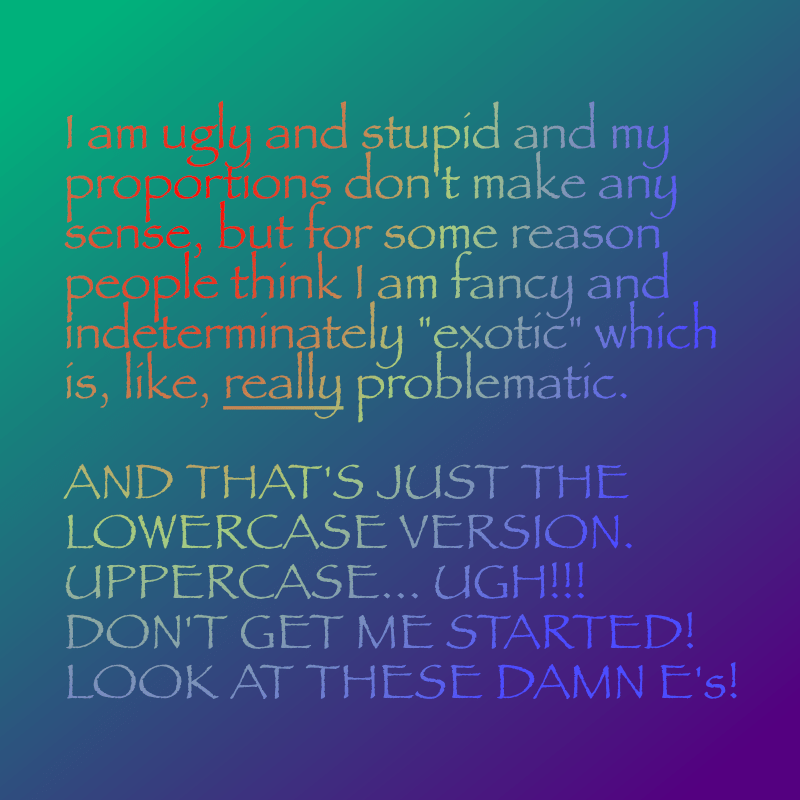I read this Vox article in the context of three recent viewing experiences Sara and I have had: Severance (season finale tonight… no spoilers!), Kenneth Branagh’s new version of Death on the Nile which we just watched the other day, and a completely different form of entertainment: cycling races.
We’ve been watching Severance as its episodes become available, so no spoilers are out there yet as we watch. The show very much is about shocking twists and cliffhangers, but our enjoyment of it is also about so much more than that — the Kubrickian cinematography, the nuanced acting by the first-rate cast, the deeper implications and social commentary in every passing moment of the story. Yes, we want — desperately — to know what Lumon is up to, but that’s not the only reason we watch.
We both already knew “whodunnit” going into the new Death on the Nile, and honestly I felt like you needed to know the story already to make sense of what was happening scene-to-scene, because this version is more than a little incoherent. Yet it didn’t seem like someone new to the story would even consider pointing the finger at anyone besides the actual perpetrators, right from the start, because its poor structure didn’t provide enough backstory to make anyone else a convincing suspect. Linette didn’t seem evil enough for anyone else to particularly want her dead. But despite these flaws, and actively criticizing it as it went, I was fully engaged the entire time. It was the most I’ve ever enjoyed watching a movie that I fundamentally disliked. Ultimately it was not “about” whodunnit, so maybe it truly was a movie for our times, in the vein of the Vox article.
Then there’s the cycling — clearly something where the end matters most, and can definitely be spoiled. And since we’re watching the replays several hours after the races end in Europe, my news feeds have already “spoiled” the winner. But I still enjoy watching them because it’s not just about who won. It’s about watching Tadej Pogačar boldly attack repeatedly on an insane climb, or Egan Bernal charging off into the mist on a mountaintop, or Caleb Ewen taking a spill on the tarmac with the finish line in sight, or Julian Alaphilippe wearing the maillot jaune for the entire Tour de France, only to lose it to Bernal on the penultimate stage when the race directors abruptly call an early end to the stage due to flash flooding on the other side of a mountain tunnel. Those are memorable moments that stick with me more than a mad sprint to the finish line, and what gets me excited about watching a bunch of lanky guys on bikes in the first place.
I think for the most part, Sara and I have definitely checked out of the pop culture world being talked about here. Partly it’s due to her vision; she just can’t track the fast movement and weird lighting in modern movies, especially superhero movies. But I’ve never cared about superheroes, whether it was comic books as a kid or the endless parade of giant “spectacle” blockbuster movies today.
We simply don’t pay any attention to any of that stuff. And it’s probably why, above exceptions aside, we are mostly these days either rewatching the grand trilogy of early 2000s NBC sitcoms (The Office, Parks and Recreation, and Community) for the dozenth time, or we’re watching BBC reality shows like Bake-Off or Escape to the Country. Hollywood just isn’t speaking to us anymore.
